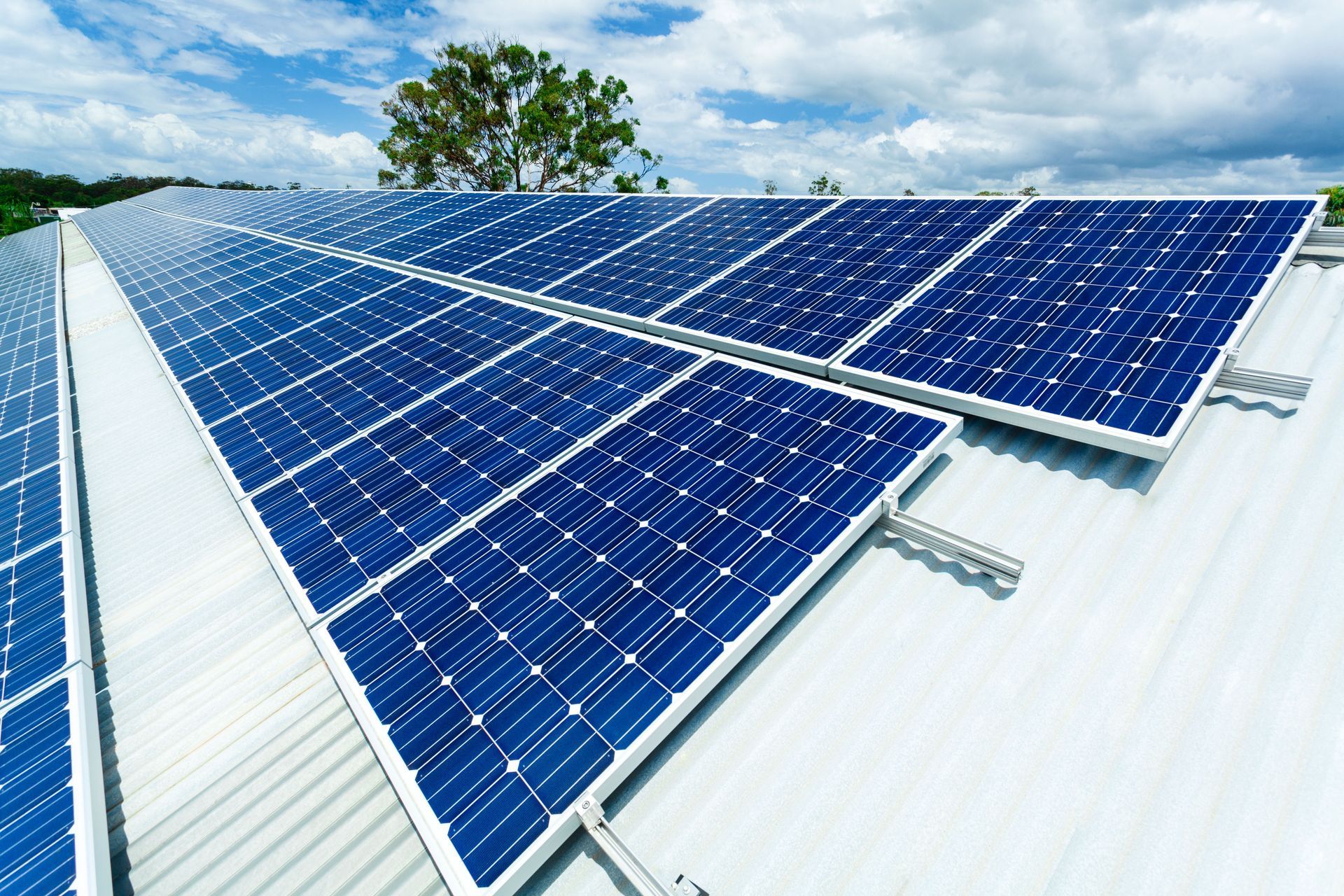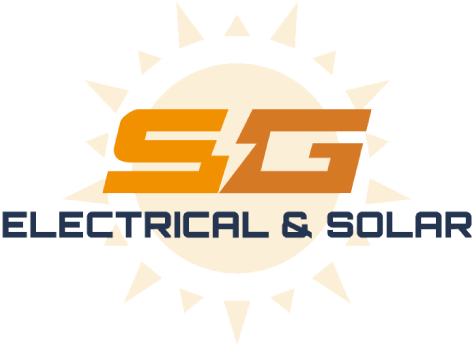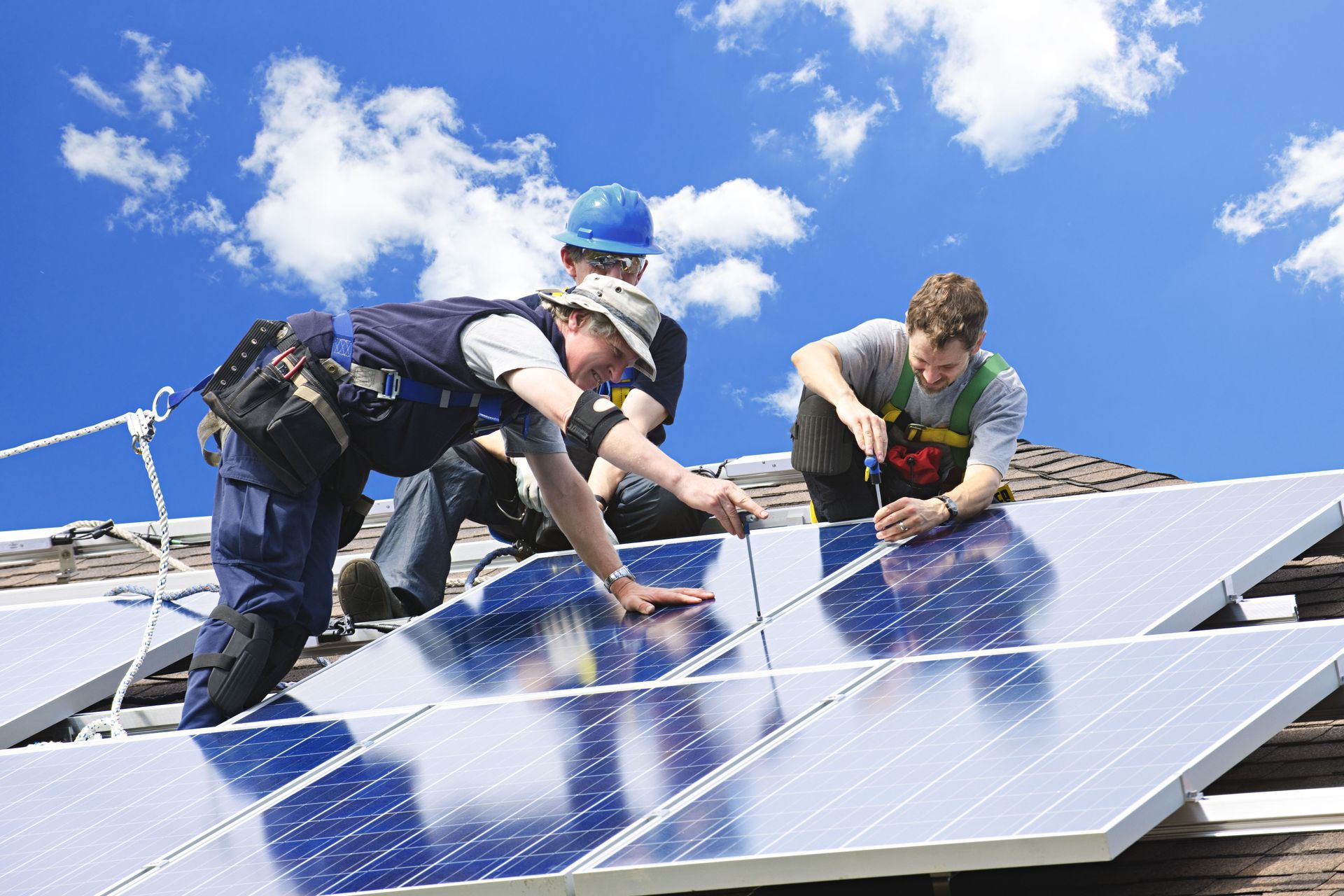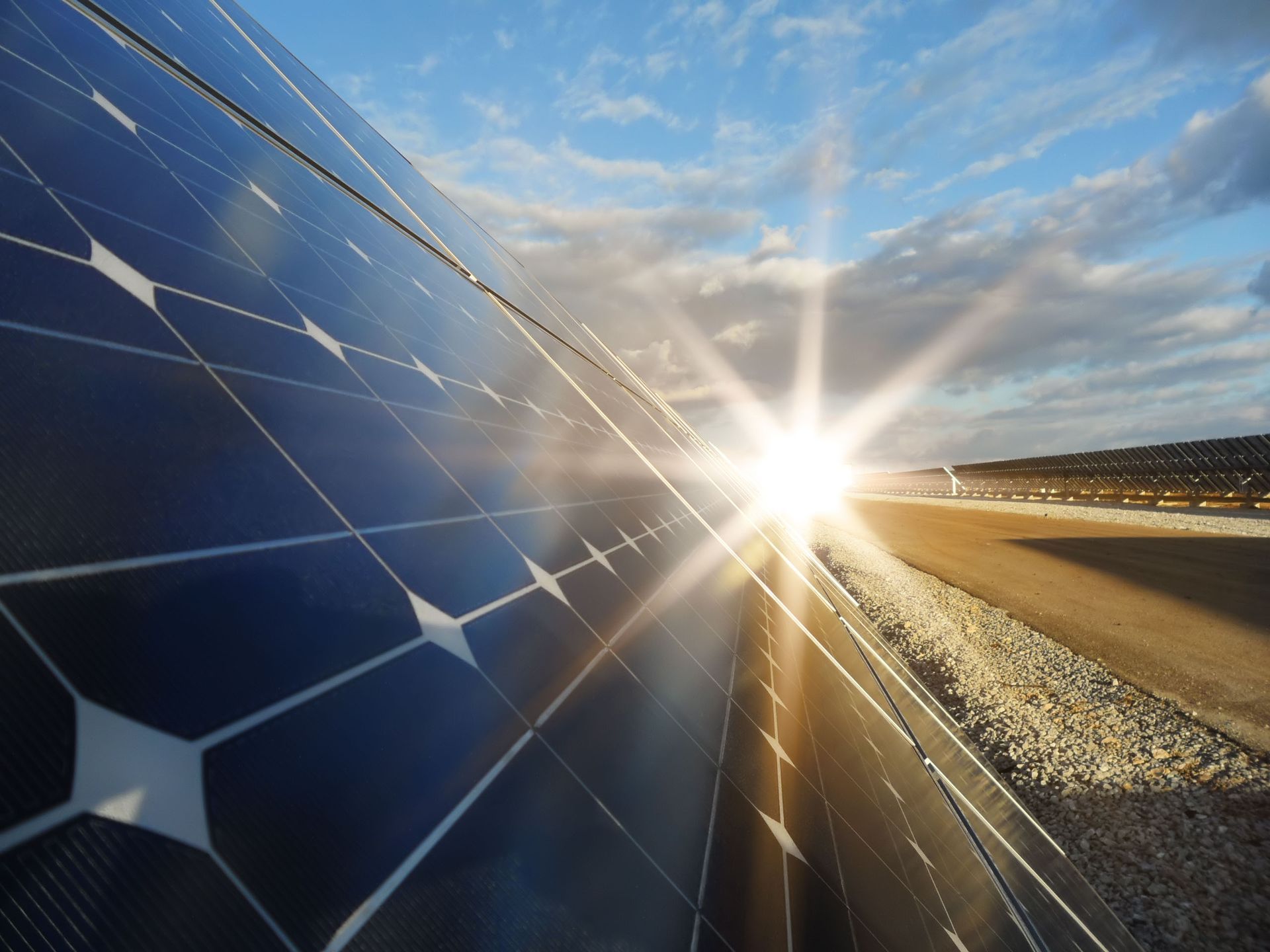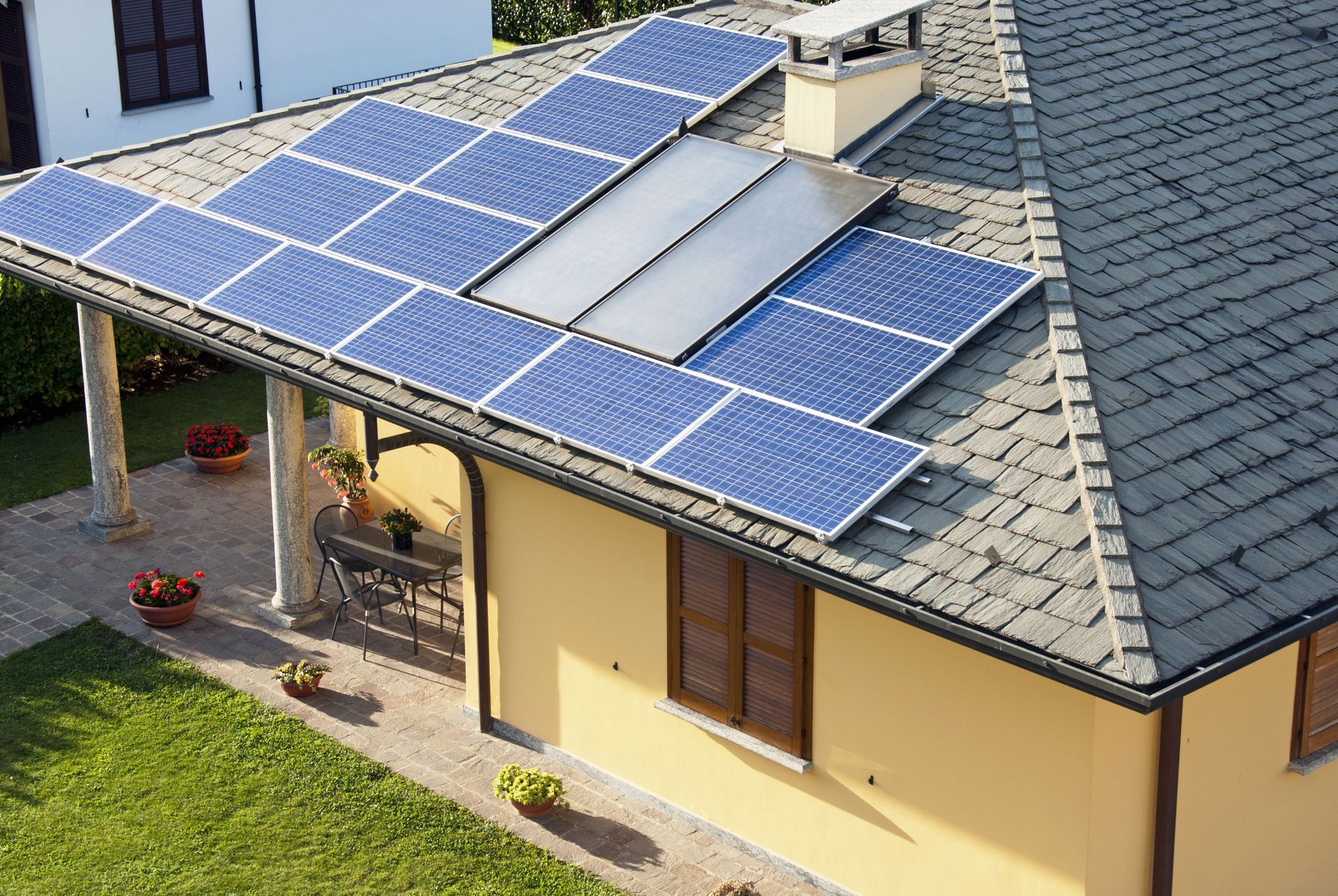September 24, 2025
Understanding the importance and benefits of maximizing the efficiency of solar power installations is essential for homeowners and businesses seeking sustainability and cost savings. Solar power, a renewable energy source, has seen significant advancements, making it a crucial component in combating climate change and ensuring energy independence. As utility prices continue to rise and environmental concerns grow, solar power installations offer a viable solution for reducing carbon footprints and lowering electricity costs. By implementing effective strategies, individuals and businesses can maximize the value of their solar investments, ensuring they're efficient and sustainable in the long term. This article explores various strategies and considerations for getting the most value from solar power investments.
Analyze Energy Consumption Patterns
Analyzing your current energy consumption is critical in optimizing solar power installations. By studying past utility bills, you can identify peak usage times and determine how much energy your household or business typically requires. This analysis helps you understand daily and seasonal variations in energy demand, which is crucial for planning an effective solar solution. Furthermore, being aware of your energy consumption patterns allows you to adjust habits and reduce waste before solar power installations. According to This Old House, solar power is estimated to become the number one source of electrical generation capacity in the U.S. by 2050, making it even more important to understand these patterns for future savings.
Plan for Future Energy Needs
When planning solar power installations, consider potential future increases in energy needs due to lifestyle changes or business growth. Anticipating expansions or increased usage can ensure that your system is scalable and capable of meeting new demands. This foresight helps prevent undersized installations that might require costly upgrades later. Engaging in long-term planning, such as considering electric vehicle additions or increased electronic devices, ensures your solar power system remains efficient. This step is an essential aspect of getting the most out of your solar investments over time.
Set Clear Energy Production Goals
Establishing clear energy production goals is crucial for evaluating the success of solar power installations. These goals will vary based on individual needs: some may focus on achieving complete energy independence, while others might aim to offset a specific percentage of their electricity costs. Determining realistic objectives allows you to tailor the solar setup to match your expectations. As the U.S. moves toward increased reliance on solar as projected by experts, setting such goals helps in aligning with broader sustainability initiatives. Ensuring your goals are realistic and measurable will create a roadmap for your solar investment's success.
Consult Energy Experts for Guidance
Consulting with energy experts provides valuable insights into optimizing solar systems tailored to your specific needs. These professionals can conduct in-depth analyses of both your current and future energy profiles, ensuring that the solar solution is optimized for maximum efficiency. Expert advice includes assessing energy consumption patterns and addressing any potential inefficiencies or areas for improvement. They can also offer guidance on the latest industry trends and technologies, which are essential when tailoring a solar solution to long-term goals. By leveraging their expertise, homeowners and businesses can ensure that their solar investments deliver value and energy efficiency over the years.
Evaluate Solar Panel Efficiency
Panel efficiency is a critical factor impacting the performance and space requirements of a solar system. Higher efficiency panels convert more sunlight into electricity, necessitating less installation area to meet energy needs. When installation space is constrained, high-efficiency panels are a strategic choice for optimizing energy production. This feature is especially beneficial in urban environments where rooftop space is limited. Ultimately, selecting panels with optimal efficiency ensures that solar power installations are both effective and space-efficient, maximizing returns.
Review Panel Durability and Warranties
Long-term reliability of solar panels is pivotal, and evaluating durability alongside warranty terms is essential. Durable panels are built to withstand environmental conditions such as hail, wind, and temperature fluctuations, and are often backed by robust warranties. A reputable warranty not only covers panel performance but also ensures peace of mind by offering repair or replacement services when necessary. Longevity and reliability are paramount for securing the investment value of solar systems over decades. As a result, focusing on durability and comprehensive warranty coverage ensures long-term satisfaction with the installation.
Address Potential Shading Issues
Addressing shading issues is crucial to preventing losses in solar panel efficiency. Nearby trees, buildings, or other obstructions can cast shadows that significantly reduce a panel's ability to capture sunlight. Identifying shading factors during the site assessment phase allows for strategic interventions, such as trimming trees or relocating installation sites. Properly managing shading ensures that the solar system operates at its full potential, maximizing energy production.
Understand Local Regulations and Permits
Researching local permits and codes is necessary for compliance during solar power installations. Regulations may dictate aspects such as installation height, panel placement, and neighborhood aesthetics, influencing how and where solar systems can be installed. Engaging with local governments and authorities helps in understanding these requirements and securing necessary permits before installation begins. Compliance ensures that installations adhere to safety standards and avoid possible legal obstacles. Being informed about these regulations guarantees a smoother process and long-term satisfaction with the solar investment.
Maintain Clean Solar Panels
Regular cleaning and maintenance of solar panels are vital for ensuring optimal performance and longevity. Accumulated dirt, dust, and environmental debris on panels can obstruct sunlight, reducing energy output significantly. Establishing a consistent cleaning schedule, especially in dusty or pollen-laden areas, maintains panels' capacity to capture sunlight effectively. Since clean panels lead to higher efficiency rates, they directly contribute to maximizing solar power production. Proactive maintenance protocols additionally help identify potential issues early, preventing costly repairs and prolonging panel lifespan.
Schedule Routine Inspections and Maintenance
Regular scheduled maintenance and inspections are imperative to keeping solar systems functioning at optimal levels. By planning routine checks, homeowners and businesses can identify issues early, ensuring continuous, efficient energy production. Regular inspections include assessing connection integrity, inverter performance, and ensuring panels remain free of damage or obstruction. Consistent maintenance safeguards investment value and enhances longevity, ensuring systems operate effectively for their expected lifespan. Proactive care reflects a commitment to sustainability, maximizing the benefits achieved from solar energy solutions.
Monitor Key Performance Metrics
Utilizing technology to track system performance metrics provides critical data insights, ensuring optimal operation of solar power installations. Real-time monitoring can identify performance anomalies, offering opportunities for early intervention and corrective action. By maintaining visibility over energy production, efficiency rates, and system integrity, informed adjustments can occur as needed. Utilizing such management capabilities supports continuous improvement, enhancing user confidence in the system's reliability. Performance tracking ensures solar systems contribute effectively to energy goals, with data analytics guiding action for ongoing optimization.
Harnessing the full potential of solar power installations requires a comprehensive approach considering technical, financial, and environmental factors. By implementing the steps explored in this article, individuals and businesses can ensure their solar systems are efficient, sustainable, and economically beneficial. Strategically assessing energy needs, maximizing production, and maintaining systems diligently all play a part in unlocking the benefits of solar power installations. Such holistic management of solar investments not only supports cost savings but also significantly contributes to a greener, more sustainable future. Embracing solar power effectively aligns with broader goals of renewable energy adoption and environmental stewardship, resonating well with global initiatives for sustainability. Reach out to SG Electrical and Solar to learn more today!
